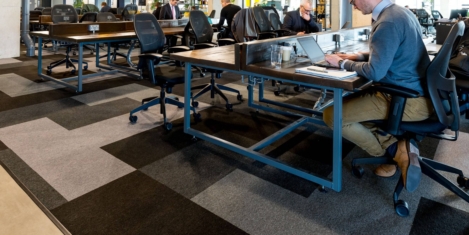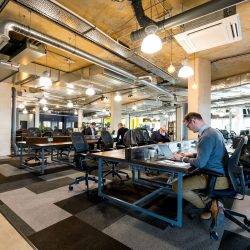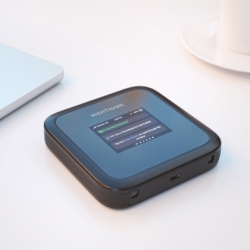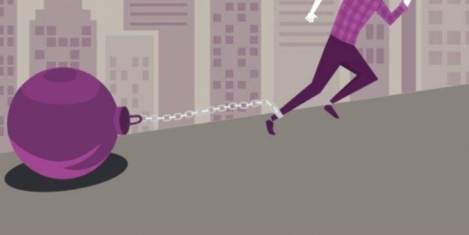November 12, 2019
IPSE launches manifesto for the self-employed
 IPSE (the Association of Independent Professionals and the Self-Employed) has launched #5millionvotes, a manifesto for the 2019 General Election. The manifesto claims to highlight the size and influence of the self-employed sector in the election, as well as outlining the policies parties should adopt to secure the support of freelancers. The number of self-employed has grown enormously in the last ten years to almost 5 million. They are now 15 per cent of the workforce – almost as much as the entire public sector. Collectively, they contribute £305bn to the economy every year, which is enough to fund the NHS twice over. (more…)
IPSE (the Association of Independent Professionals and the Self-Employed) has launched #5millionvotes, a manifesto for the 2019 General Election. The manifesto claims to highlight the size and influence of the self-employed sector in the election, as well as outlining the policies parties should adopt to secure the support of freelancers. The number of self-employed has grown enormously in the last ten years to almost 5 million. They are now 15 per cent of the workforce – almost as much as the entire public sector. Collectively, they contribute £305bn to the economy every year, which is enough to fund the NHS twice over. (more…)















 IPSE (the Association of Independent Professionals and the Self-Employed) has responded to the UK Labour Party’s proposal for a single worker status saying that although it is welcome the party is attempting to clear the confusion around worker rights, the party’s proposals fail to grasp the nettle of employment status. The comment comes after Labour announced it would create a single worker status to “replace the three existing employment categories” of employee, worker and dependent contractor. Labour said the category would encompass “all but the genuinely self-employed”.
IPSE (the Association of Independent Professionals and the Self-Employed) has responded to the UK Labour Party’s proposal for a single worker status saying that although it is welcome the party is attempting to clear the confusion around worker rights, the party’s proposals fail to grasp the nettle of employment status. The comment comes after Labour announced it would create a single worker status to “replace the three existing employment categories” of employee, worker and dependent contractor. Labour said the category would encompass “all but the genuinely self-employed”. 
 New research from
New research from 













March 1, 2023
The rise of the pods shows how the workplace pendulum swings
by Ben Capper • Comment, Workplace design